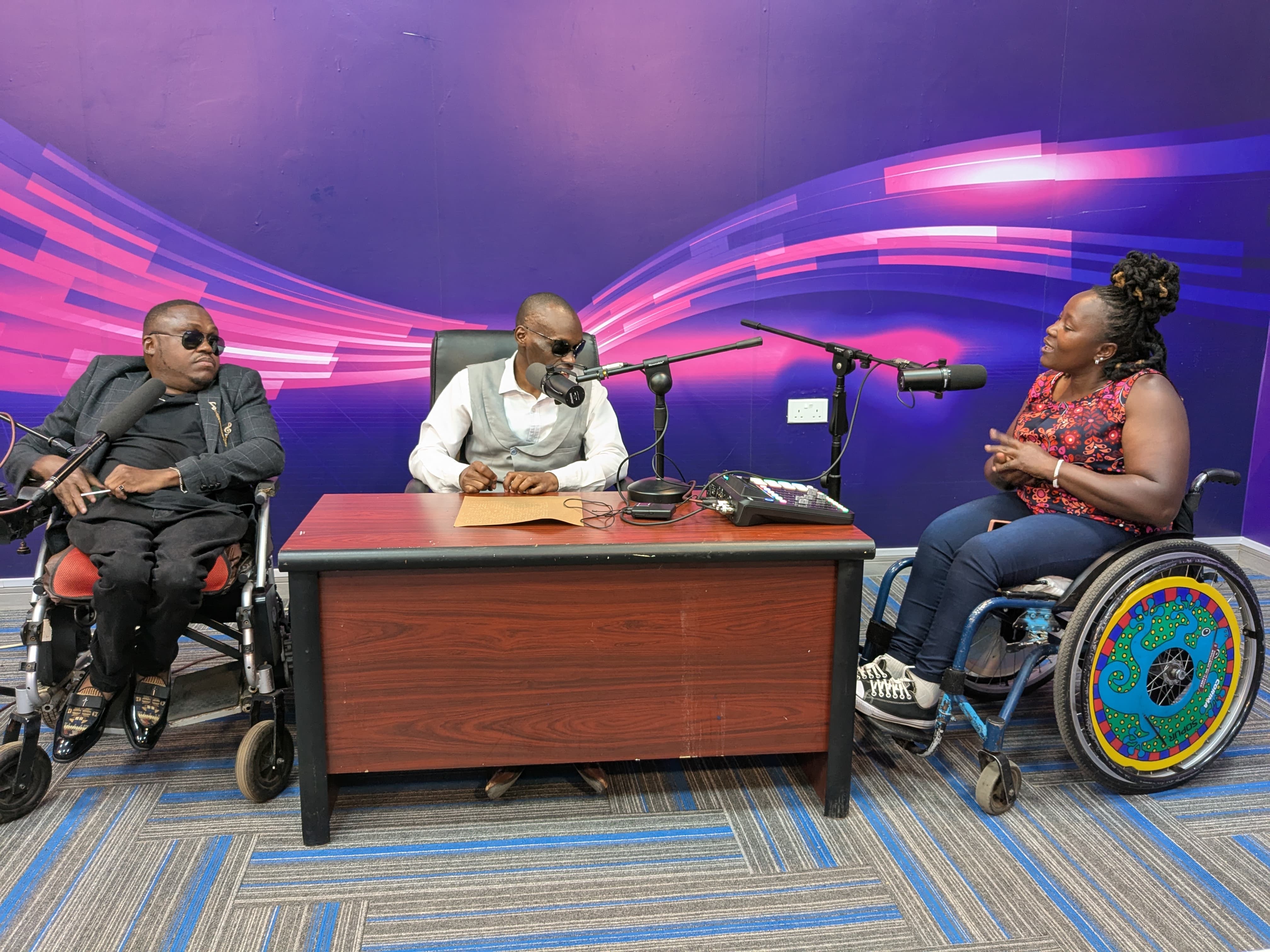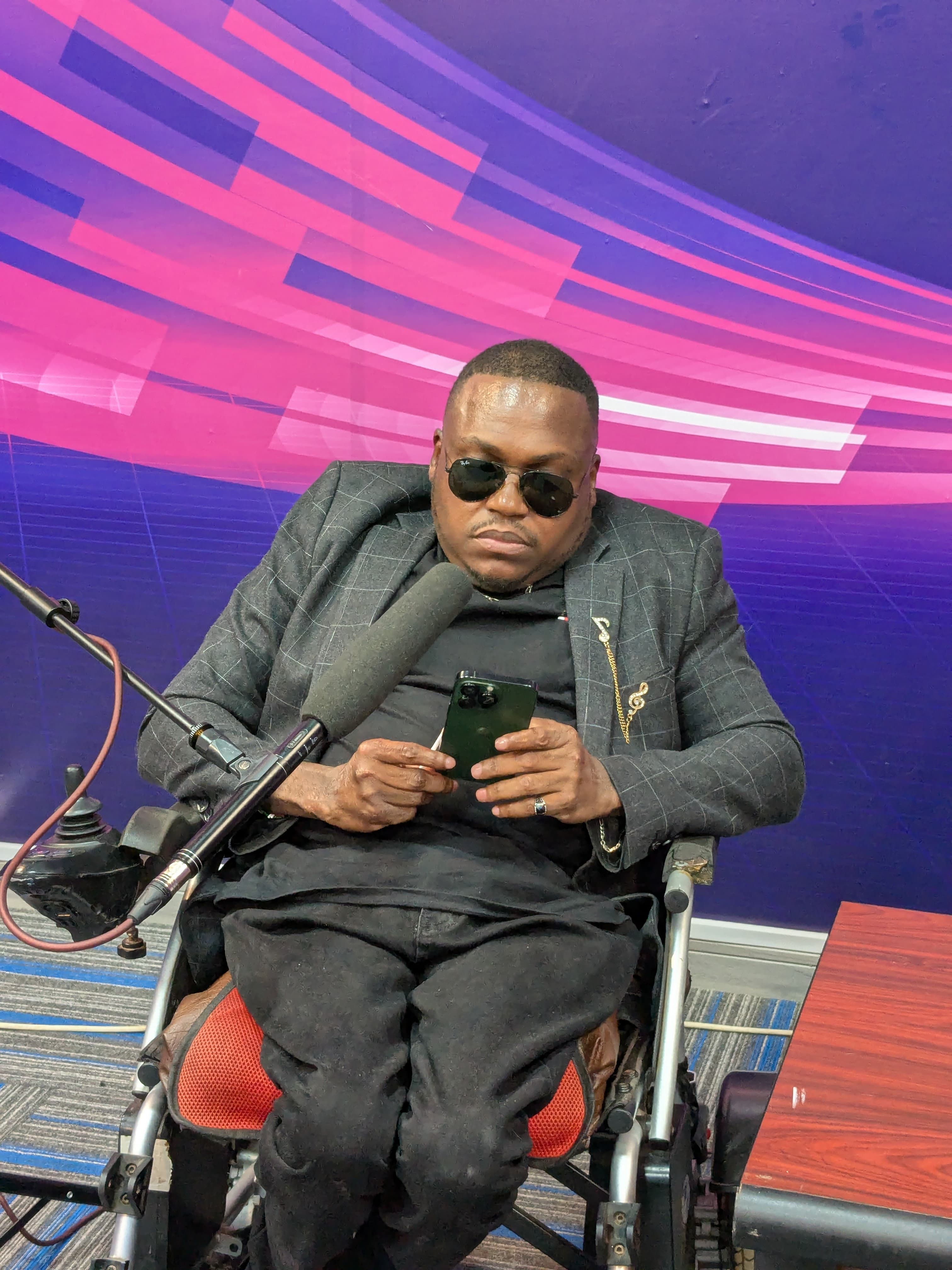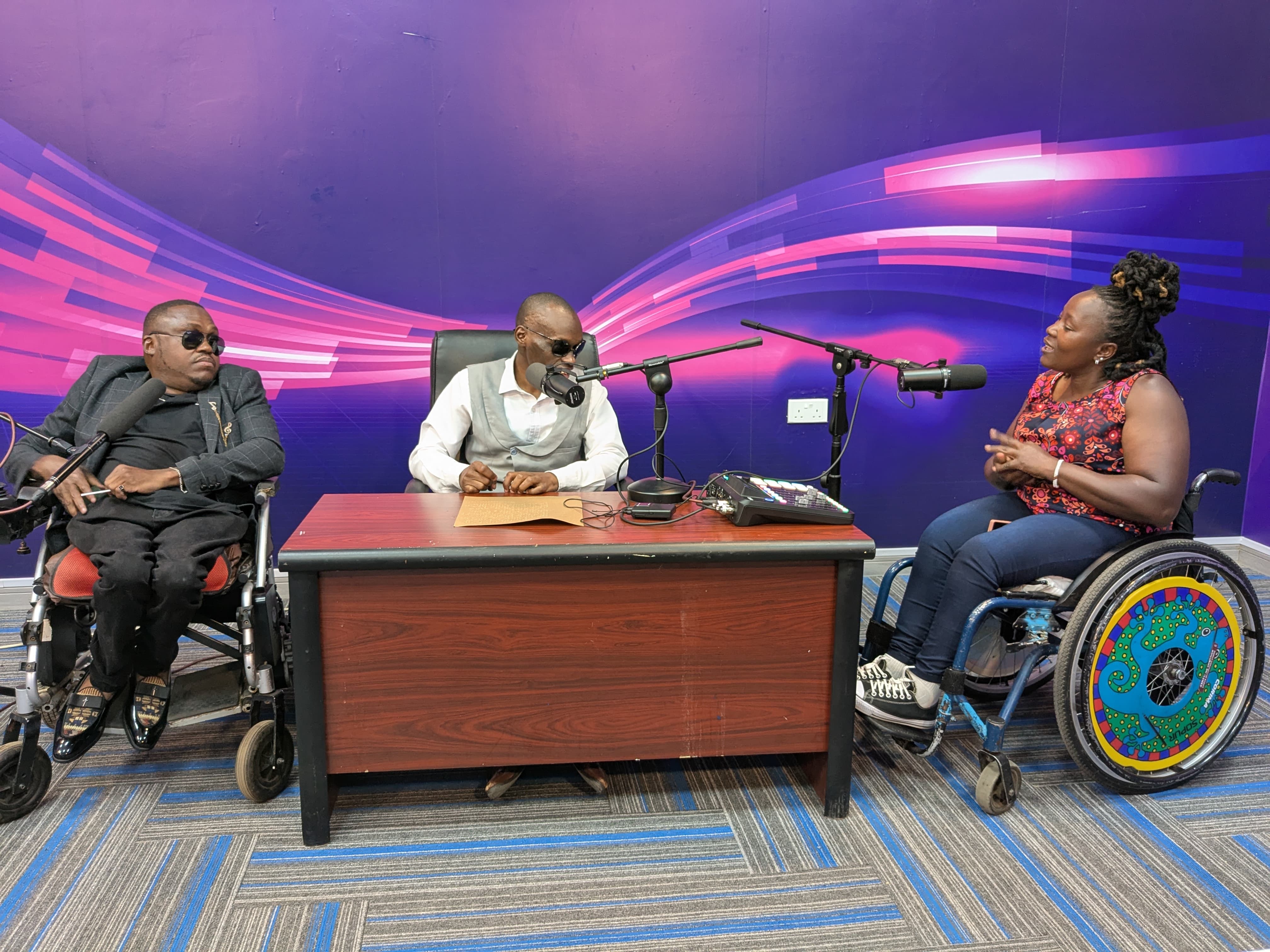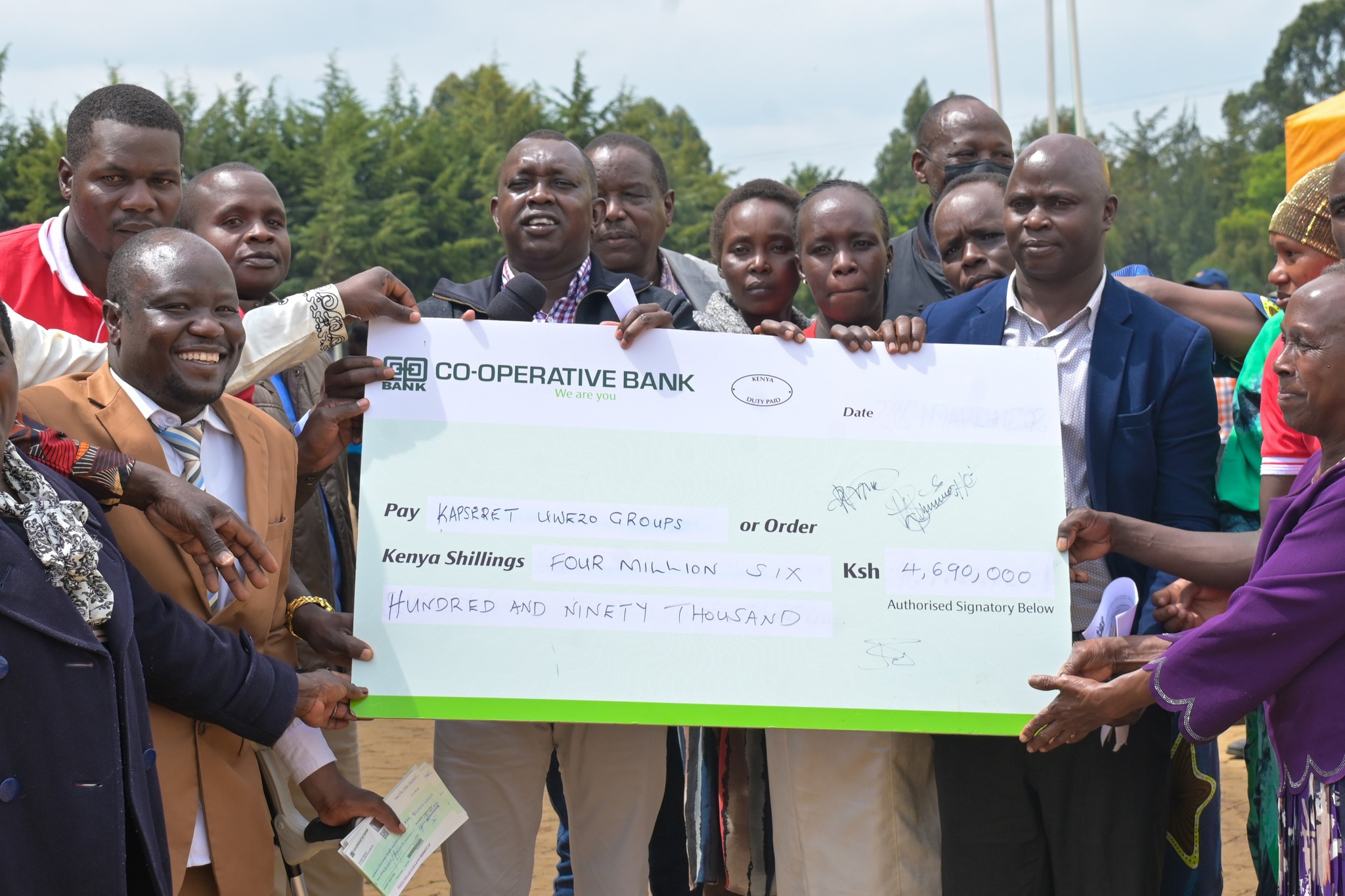Ugandan Educators Laud Kenya’s Commitment To Education
BY Cyrilla Barasa (KNA)
Ugandan Educators have commended Kenya for putting in place infrastructure in both abled and special needs learning institutions that have enabled all children to access and be retained in school.
The delegation, comprising education experts from the Ugandan Ministry of Education and Sports, Departments, and agencies led by Commissioner Cleophas Mugenyi said the setup created an amiable platform for children with special needs to acquire skills and also contribute to the national development agenda.
“The greatest lesson we have learned is that Kenya has made great strides in integrating ICT in education, paid a lot of attention to learners with disabilities while putting a lot of emphasis on ensuring that at the end of various stages of education, they are able to acquire skills for personal employment, personal development and therefore contribute to national development agenda,” he said.
Mugenyi made the remarks in Nakuru Thursday when the Ugandan delegation that was on a benchmarking mission on the implementation of Competency-Based Curriculum(CBC) and Competency Based Assessment (CBA) visited Ngala School for the Deaf and Moi primary in Nakuru county as well as Masaku School for the physically handicapped and Machakos Teachers Training College in Machakos county.
He said that CBC is about what learners can do and the teachers were supposed to expose them to experiences that will enable them to acquire the skills instead of emphasizing exams.
While visiting Machakos Teachers Training College (TTC), the commissioner said retooling and ensuring that teachers who graduate from various TTCs acquire core competencies and ICT-enabled learning resource centers will ensure teachers implement CBC and CBA.
“We have learnt about the ongoing infrastructural development, especially equipping Teachers' colleges with computers making sure that learners are able to acquire skills on ICT to enable them to use it in implementing CBC and e-learning,” Mugenyi said.
Nakuru County Director of Education Victoria Mulili said CBC had been integrated with all Special Needs Education schools and that the focus was now on formative evaluation as opposed to 8.4.4, which put emphasis on summative evaluation that focuses on examination.
“CBC has been adapted, blended, and integrated into all Special Needs Education (SNEs) irrespective of disability whether Deaf, Visually impaired or with a physical disability. CBC is about what a learner can do to help them develop career pathways,” Mulili said.
Principal of Masaku School for the physically handicapped Ndeto Ndunda on his part said that when dealing with children in Special Needs Education, teachers in these institutions adopt Individualized Education Plans (IEP) pointing out that each learner has his or her pace of acquiring skills and mostly it was stage based instead of aged based that is done in regular learning.
“We ask parents whose children have disabilities to be patient and allow the children to stay in school until they acquire a skill that can help them be independent and economically empowered,” Ndunda said.
Ugandan Education System is based on seven years of primary, four ordinary level, two A” level, and three years or more depending on the course at the university.
Tags:



